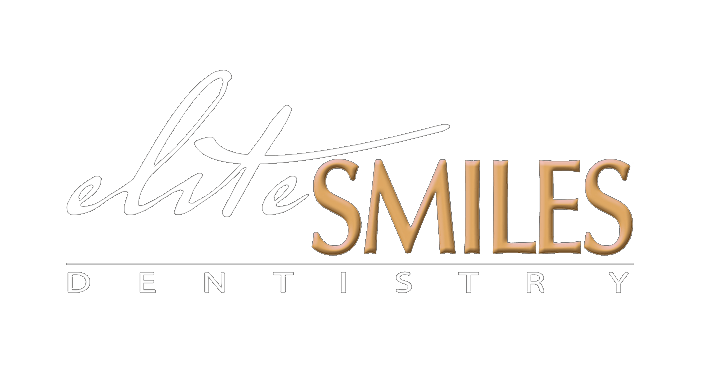The health of your mouth is a reflection of your total body wellness. Cardiovascular disease, lung conditions, and diabetes have all been linked to oral health. But, what does the health of your teeth and gums have to do with your brain? Is there a connection between healthy teeth and a healthy mind?
In this article, we’re going to look at the potential risks missing teeth present when it comes to our mind and memory, as well as measures we can take to keep our mind healthy for longer.
Missing Teeth and Memory Loss. Research suggests that memory loss can actually be caused by missing teeth. The hippocampus is the part of the brain that forms and retrieves memories. Scientists are now saying that when you chew, the movements of your teeth and jaw stimulate the hippocampus, effectively “keeping it in shape.” This means the less teeth that are intact in your mouth, the less signals are sent to the hippocampus and the fewer memories we retain.
Oral Health and the Development of Dementia. Though it is still not fully understood, there is a definite connection between missing teeth and the development of dementia in old age. It’s been shown that even one missing tooth can result in a higher chance of dementia, and the risk increases with each additional tooth lost.
Alzheimer’s disease is the most common form of dementia. It is an incurable condition that causes problems with memory, thinking, and behavior. It’s been found that some people suffering from this horrible condition have bacteria that is related to gum disease in their brain. This suggests that bacteria can enter the body and infiltrate the brain through holes left from missing teeth.
The Risk of Just One Missing Tooth. Many people lose a molar and put off fixing it because it doesn’t present an apparent cosmetic issue. This is a decision that has serious consequences in the long-term. Just one missing tooth puts strain on the other teeth around it. The surrounding teeth may start to shift, break, or come loose as a result.
In effect, by losing just one tooth, you are at a higher risk of losing multiple teeth; and therefore, at a higher risk of memory loss, dementia, and possibly even Alzheimer’s disease.
What are Your Options? You’ve lost a tooth or had an extraction﹘ now what? There are a few different ways to repair a missing tooth, but implants are the most effective way to maintain your dental and overall health. Dental implants are the only way to replace the root of a tooth as well as the visible portion.
Because they actually fill the hole where the root of the missing tooth once was, implants stimulate the jaw bone (and therefore the hippocampus), preventing both bone loss and memory loss. Dentures, partial dentures, and bridges sit on top of the gums. They achieve a cosmetic fix but don’t address the missing root.
Remember, staying diligent with your daily oral hygiene routine and seeing your dentist regularly are the two best ways to ensure a healthy mouth for a lifetime.

